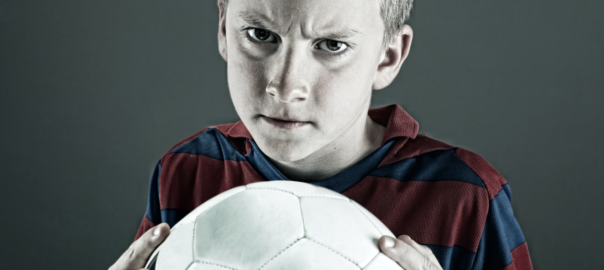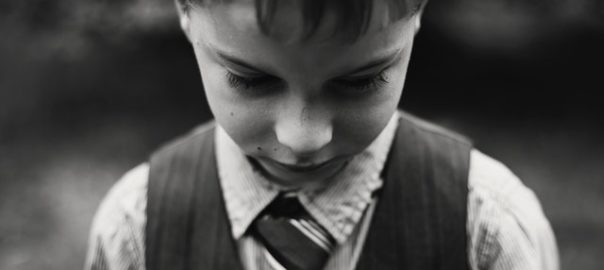
After the shooting at Sandy Hook Elementary, I wrote an article called Look for the Helpers inspired by Fred Rogers. I am redoing it with the same basic
message—sadly because so much more has happened. Not only has gun violence increased, but our democracy and our climate are threatened. Whatever side of the political spectrum you fall, the recent overturn of Roe vs. Wade by the Supreme Court requires discussions with your children. How do you assure their safety at school? How do you tell them that the highest court in our nation has undermined the liberty of women?
My son just gave the commencement address at the high school where he teaches.
He too was inspired by Fred Rogers’ words:
“When I was a boy and I would see scary things in the news, my mother
would say to me, ‘Look for the helpers. You will always find people who are
helping.’ To this day, especially in times of disaster, I remember my
mother’s words and I am always comforted by realizing that there are still
so many helpers—so
















